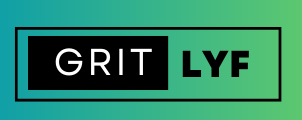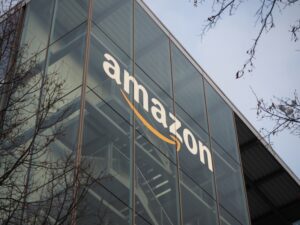[ad_1]

Online grocer BigBasket and ecommerce major Flipkart have both cut down on their delivery timeline over the past two months amid increasing competition from quick commerce firms like Blinkit and Zepto and rising consumer demand for speedy delivery even in non-metro cities.
Tata Digital-owned BigBasket in January announced its rebranding for slotted delivery service, which allows users to pick a slot to get their groceries delivered, to “Supersaver”, promising to deliver products in under two hours.
Walmart-owned Flipkart has also kicked off same-day delivery of products across several categories at no extra cost in 20 cities.
BigBasket has replaced all of its delivery vans with bikes and makes all of its deliveries from its dark stores, Hari Menon, cofounder and chief executive of the firm, told ET.
It also redesigned carrying baskets to increase capacity and removed ‘bays’ used to load vans in its dark stores to make space for more stock keeping items (SKUs).
Menon said the dark stores can service over 30,000 SKUs now, compared to about 10,000 earlier.
“Our cost hasn’t shot up, as the blended cost of running a fleet of vans and bikes is higher than the cost of running a fleet of just bikes,” he said. “Removing the van bays means we haven’t spent on expanding dark store size. However, there is a slightly higher picking cost (the cost of employing people who pack and manage dark stores).”
Hemant Badri, senior vice president and head of supply chain at Flipkart, said the ecommerce giant has taken “meticulous” planning and leveraging on technology to bring same-day delivery to 20 cities.
“Our teams have spent months of planning to ensure that orders are fulfilled from the nearest fulfilment centre, minimising transit times and enhancing the overall efficiency of the delivery process with equal delivery efficiency in the metro and non-metro cities,” he said.
Shifting customer needs
The faster delivery timelines are also being taken to tier-2 markets where companies like Flipkart and BigBasket have a sizable consumer base amid increasing consumer demand for speedier delivery.
“Even if they (tier 2 consumers) haven’t experienced quick commerce, the aspirations of buyers in small towns are at the same level as their metro counterparts,” said Ashish Dhir, senior director of consumer and retail at consulting firm 1Lattice.
Improved services by ecommerce firms could also give them an advantage over offline stores in tier-2 and beyond, he said. “The customer in these towns also aspires to access a much wider and updated range of products, which will be much more capital and time intensive for offline players to provide, across categories like apparel and electronics,” Dhir said.
Menon, who also runs the quick commerce service BB Now, said BigBasket would further cut the supersaver delivery time to one hour, and expand the service from the current 45 cities to all the 70 cities it operates in.
The idea is to offer BigBasket’s discounted prices as close to the delivery timeline of quick commerce as possible, though that could also pose some risk of cannibalisation, he said.
For BigBasket, deliveries by van had an average order value (AOV) of Rs 1,500, but the overall blended fleet of vans and bikes had an AOV of Rs 1,250. With the move to a bike-only fleet, that blended AOV level has been “crucially maintained”, Menon said.
ET reported last week that Flipkart is planning to launch a quick-commerce service in a few months.
ET reported on March 4 that Zepto and Blinkit are tying up with brands to add several categories like fashion, beauty, electronics, toys, home and kitchen products.
Flipkart, when launching the same day delivery in 20 cities, had said the service would cover categories like mobile phones, fashion, beauty products, lifestyle, books, home appliances and electronics.
[ad_2]
Source link





